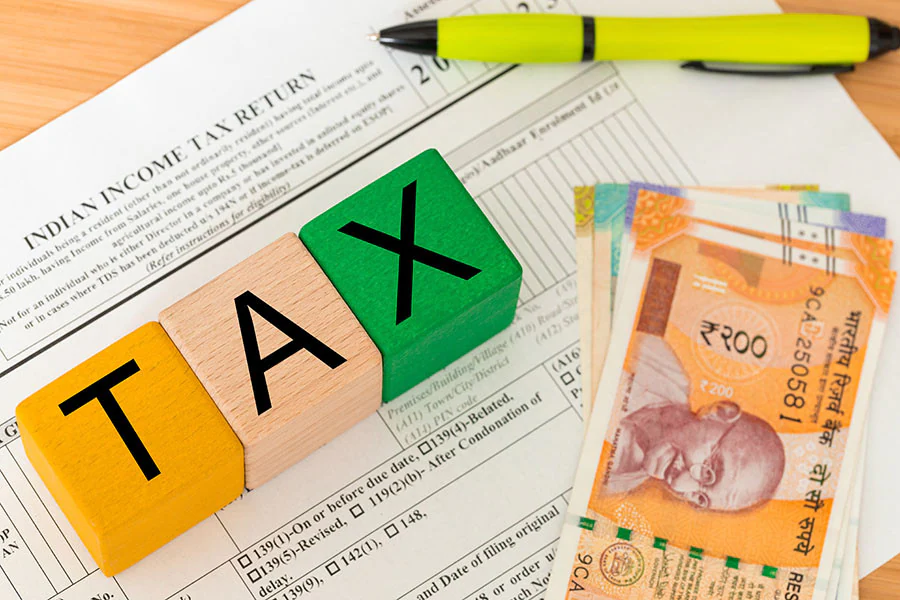Tax season can be a stressful time for many, especially with the myriad of rules and regulations that need to be followed. Unfortunately, even minor mistakes in your tax filing can lead to delays in processing, reduced refunds, or even penalties. This article will explore the most common tax filing mistakes and provide tips on how to avoid them, ensuring a smoother and more accurate filing process.

Incorrect or Missing Personal Information
One of the most frequent mistakes taxpayers make is entering incorrect or incomplete personal information on their tax returns. This can include errors in Social Security numbers, names, and addresses. These mistakes can lead to processing delays or even rejection of your tax return.
How to Avoid This Mistake
- Double-Check Your Information: Before submitting your return, carefully review all personal information for accuracy.
- Use Correct Documentation: Ensure that the names and Social Security numbers match exactly as they appear on your Social Security card.
- Update Your Address: If you’ve moved recently, make sure your address is up-to-date with the IRS and on your tax return.
Filing Status Errors
Choosing the wrong filing status is another common mistake that can affect your tax liability. Filing status determines your tax bracket and eligibility for certain credits and deductions. The most common filing statuses include Single, Married Filing Jointly, Married Filing Separately, Head of Household, and Qualifying Widow(er).
How to Avoid This Mistake
- Understand Your Options: Familiarize yourself with the different filing statuses and choose the one that best fits your situation.
- Seek Professional Help: If you’re unsure about your filing status, consult a tax professional who can guide you through the process.
Math Errors and Miscalculations
Simple math errors, such as incorrect addition or subtraction, can significantly impact your tax return. These mistakes can lead to incorrect tax calculations, resulting in either underpayment or overpayment of taxes.
How to Avoid This Mistake
- Use Tax Software: Most tax software programs automatically calculate your taxes, reducing the risk of human error.
- Double-Check Your Work: If you’re filing manually, take the time to double-check your calculations. Even a small mistake can have significant consequences.
Incorrect Bank Account Information
If you choose to receive your tax refund via direct deposit, it’s crucial to ensure that your bank account information is accurate. Incorrect bank details can result in delays in receiving your refund or having it deposited into the wrong account.
How to Avoid This Mistake
- Verify Bank Details: Carefully review your bank account and routing numbers before submitting your tax return.
- Choose Direct Deposit Carefully: If you’re unsure of your bank details, opt for a paper check instead of direct deposit.
Failing to Report All Income
Failing to report all sources of income is a serious mistake that can lead to penalties and interest charges. This often happens when taxpayers forget to include income from side jobs, freelance work, or investments.
How to Avoid This Mistake
- Keep Accurate Records: Maintain detailed records of all income sources throughout the year, including W-2s, 1099s, and other income statements.
- Include All Income: Ensure that you report all taxable income on your return, regardless of the amount.
Missing the Tax Filing Deadline
Missing the tax filing deadline can result in late filing penalties, interest on unpaid taxes, and potential issues with the IRS. The tax filing deadline is typically April 15th, but it may vary depending on your circumstances or IRS extensions.
How to Avoid This Mistake
- Set Reminders: Mark your calendar and set reminders for important tax deadlines, including filing and payment dates.
- File for an Extension: If you can’t file by the deadline, request an extension to avoid late filing penalties. Remember, an extension to file is not an extension to pay.
Conclusion
Avoiding common tax filing mistakes is essential for ensuring a smooth tax season and preventing unnecessary stress or financial penalties. By double-checking your personal information, choosing the correct filing status, avoiding math errors, reporting all income, and meeting deadlines, you can file your taxes accurately and confidently.











